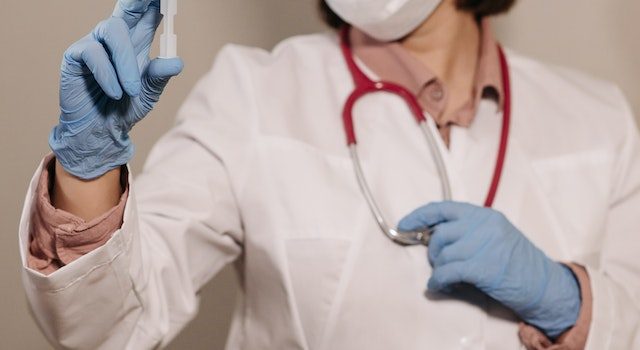
Introduction: Thinking again about healthcare to make our future healthier
The usual way of providing healthcare has mainly centered around addressing illnesses and offering assistance to sick individuals. However, a paradigm shift is underway, redefining healthcare as a proactive approach that emphasizes prevention and minimal sick care. Laboratory research and vaccination play pivotal roles in this transformation. This article shows us how researchers use laboratories and vaccines to make healthcare better and prevent diseases.
Laboratory Research: Advancing Medical Knowledge and Innovations
Medical advancements and innovations greatly rely on experiments conducted in labs. Scientists and researchers dedicate their time in labs to uncovering the unknowns of diseases, examining how they operate, and inventing fresh ways to detect and cure them. Through their cool experiments, labs give us knowledge about diseases and help find things that can make us more likely to get sick. They also work on making treatments just for those diseases.
Moreover, laboratory research is extremely important in pushing forward personalized medicine, genomics, and precision healthcare. By studying genetic markers and biomarkers, scientists can customize treatments for each patient, leading to better results and enhanced care. Laboratories help doctors use medicine that is based on science and works well.
Vaccination: How Preventing Diseases Can Change Everything
Vaccination stands as a transformative force in disease prevention, representing a proactive approach to healthcare. Giving vaccines to people helps their bodies build up defense against harmful germs and keeps them healthy. By using vaccinations, we’ve been able to keep under control and completely get rid of devastating sicknesses like polio, measles, and smallpox.
The ability of vaccination to keep people and communities protected is its greatest strength. If many people get vaccinated, it can help to keep vulnerable individuals who cannot receive vaccines safe from diseases. Vaccination saves lives and also helps to lower healthcare costs by reducing the need for medical treatments, hospital stays, and long-term care for diseases that can be prevented by vaccines.
Embracing Minimal Sick Care: The Synergy of Research and Vaccination
The synergy between laboratory research and vaccination is instrumental in embracing minimal sick care. Research helps scientists make better vaccines that work well and are safe. Making vaccines, ensuring quality, and monitoring safety are all things laboratories do to make sure the vaccines are good. When everyone gets vaccinated for prevention purposes, healthcare systems can focus on promoting good health, stopping diseases before they happen, and reducing the burden of sickness on individuals and societies.
This big change to minimal sick care needs a whole approach. It includes programs where many people get vaccines, teaching people about health in public, and continuing to study new diseases and keep vaccines working well. Healthcare systems can create a better future by working together with laboratory research and vaccination to promote health in communities instead of just treating sickness.
In conclusion, laboratory research and vaccination are redefining healthcare by promoting minimal sick care. Through advances in medical knowledge, innovations, and the transformative power of vaccination, we can shift the healthcare focus from treating diseases to preventing them. By embracing this paradigm shift, we can create a future where health promotion, prevention, and minimal sick care lead to healthier individuals and communities.










